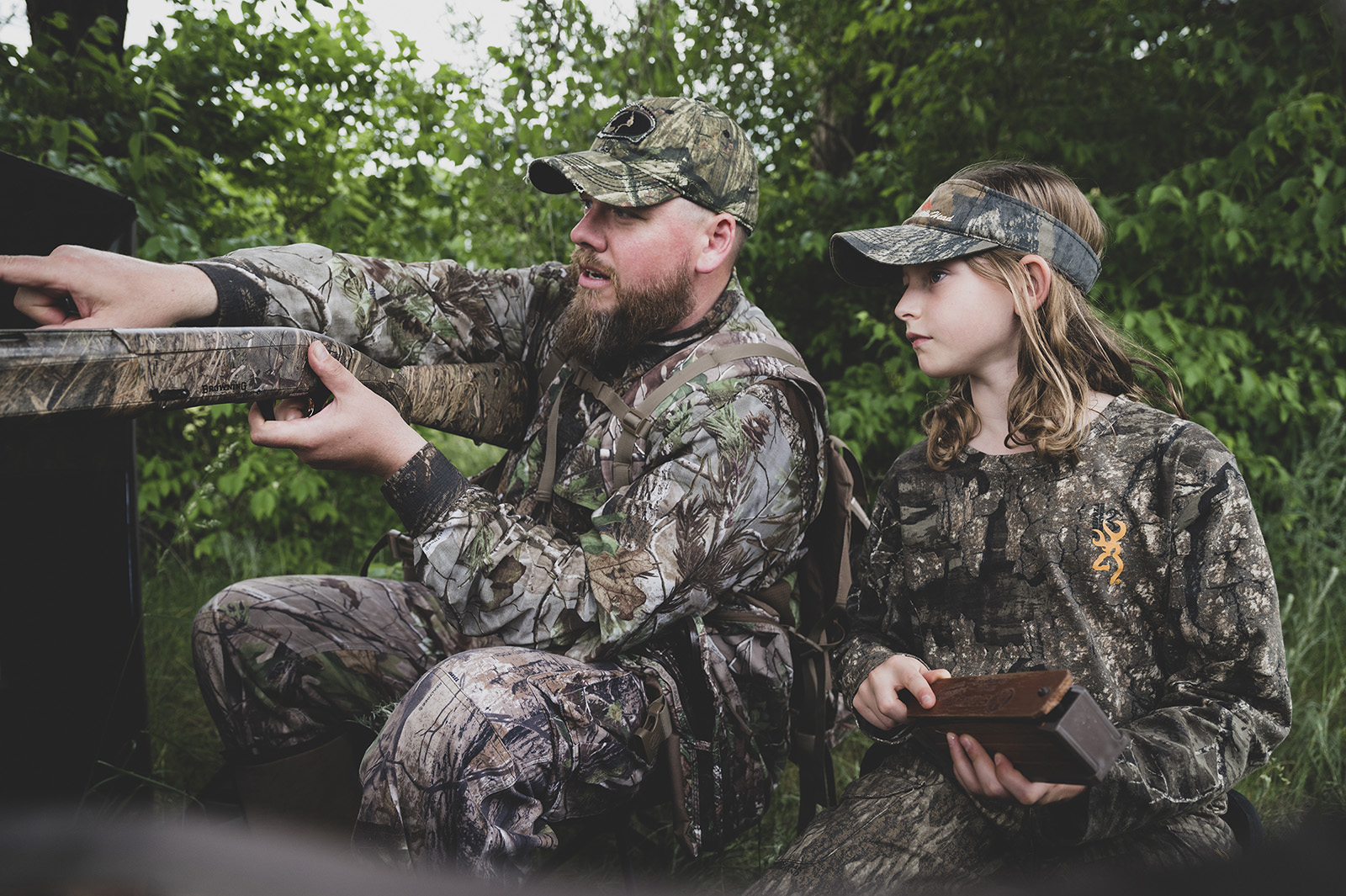By Bruce Ingram
Photos by Northeast Association of Fish & Wildlife Agencies
In 2023, Old Dominion turkey hunters tallied a record 24,447 birds, easily eclipsing the 20,580 mark set in 2015. Mike Dye, Virginia Department of Wildlife Resources (DWR) upland game bird biologist, offers this year’s forecast.
“I’m not anticipating a stellar year like the 2023 season,” he said. “But there will be patches of good action. Several areas of the state are showing positive trends including the Shenandoah Valley and much of the eastern part of the state. Areas like the Northern Neck and the Northern Neck and the Southeastern counties, such as Southampton, Surry, and Sussex counties, will probably be a bright spot.”
A major reason for the outstanding harvest last year was the above average poult per hen (PPH) ratio of 2.7 in 2021. Two-year-old toms typically make up the majority of any season’s harvest, and the 2021 PPH was certainly a major factor in hunters doing so well the season before. The toms from that year class will be 3 years old this spring, and Dye confirms that a larger than normal contingent of that age group will be making the woods ring then.
However, a distinct downside of the forecast is that the PPH ratios in 2022 and 2023 were 1.9 and 1.8, respectively, below average ratios.
“Last spring, the Southwestern Mountain area took a bad hit because there was a lot of rain in May, which is bad for brooding,” said Dye. “Early on, broods aren’t able to thermoregulate, so cold and rainy conditions can be bad for recruitment. However, the drought in the Shenandoah Valley and Northern Piedmont helped boost broods in those areas, which should improve bird numbers in future years.”
Additionally, continues the biologist, the Northern Mountain domains have endured “hit and miss” reproduction in recent years. Many of these counties host large expanses of national forest and DWR Wildlife Management Areas (WMAs). Counties with stable weather and where public lands have experienced controlled burns, timber thinning, and other timber management projects that let sunlight hit the forest floor will likely supply better action than those locales that have not enjoyed the benefits of habitat improvements.
This season will mark the third year of the last three weeks of the season offering all-day hunting. Dye relates that the extra time afield hasn’t made a significant effect on the overall harvest. Only 7.2 of the total harvest occurred during those afternoon hours in 2023.
“Personally, I hunt a lot of public land, and typically my best hours to hunt have been between 10 and noon, when many hunters have left the woods,” Dye said. “There has been only a slight increase in the number of hunters heading afield in the afternoon.”

Mentoring a young or apprentice hunter is a great way to share the enjoyment of a day in the field and to help contribute to wildlife conservation.
Dye says that he also has noted that the number of hunters mentoring individuals during the Youth and Apprentice Spring Turkey Hunting Weekend (which this year will be April 6 and 7) has remained fairly stable.
“We are not seeing significant increases in youth and apprentice hunters,” Dye said. “We would definitely like to see more people mentoring to make sure we can stabilize our turkey-hunter numbers.”
The spring turkey season begins on April 13 and hunters can be afield from one-half hour before sunrise until noon until April 28. All-day hunting runs from April 29 to the end of the season, May 18.


